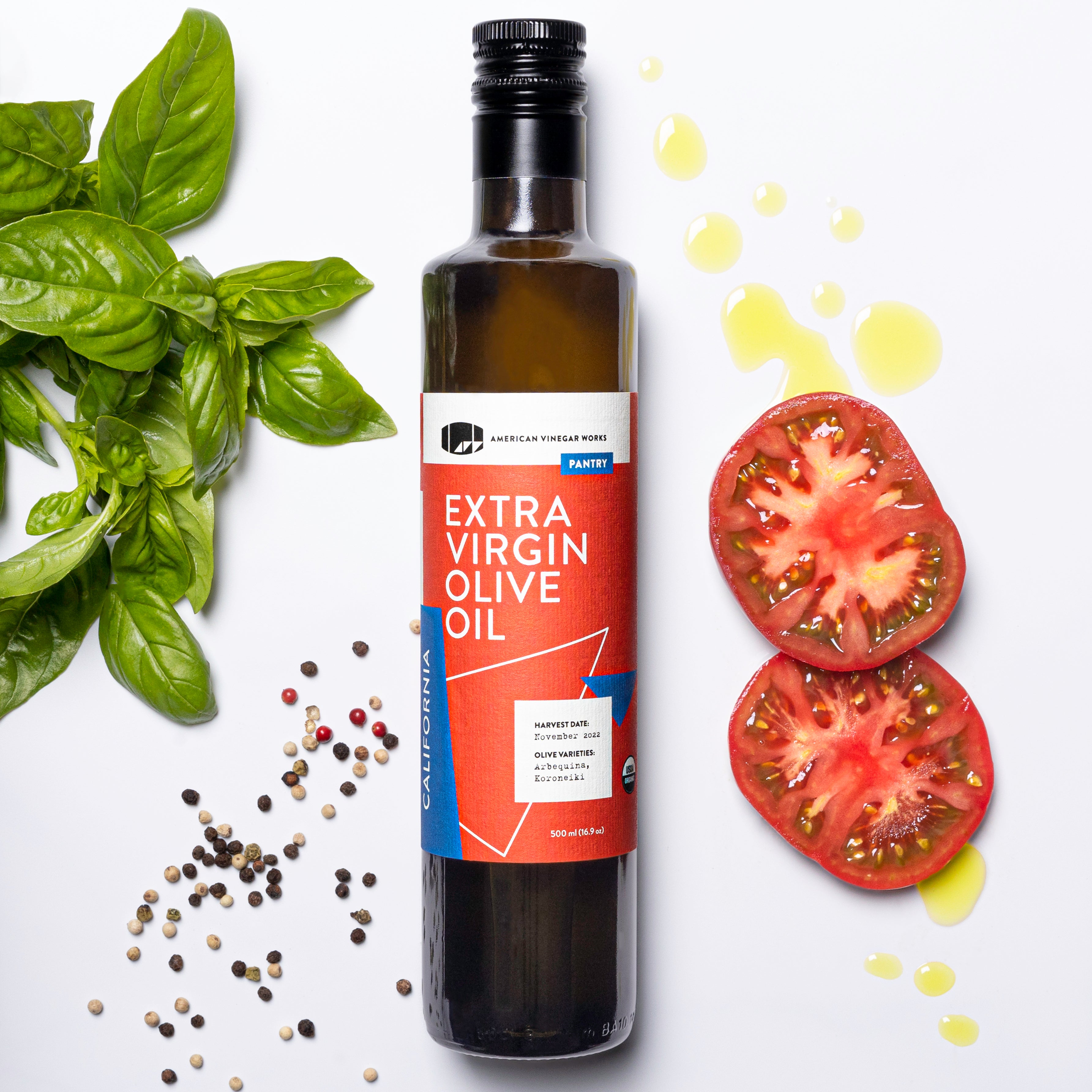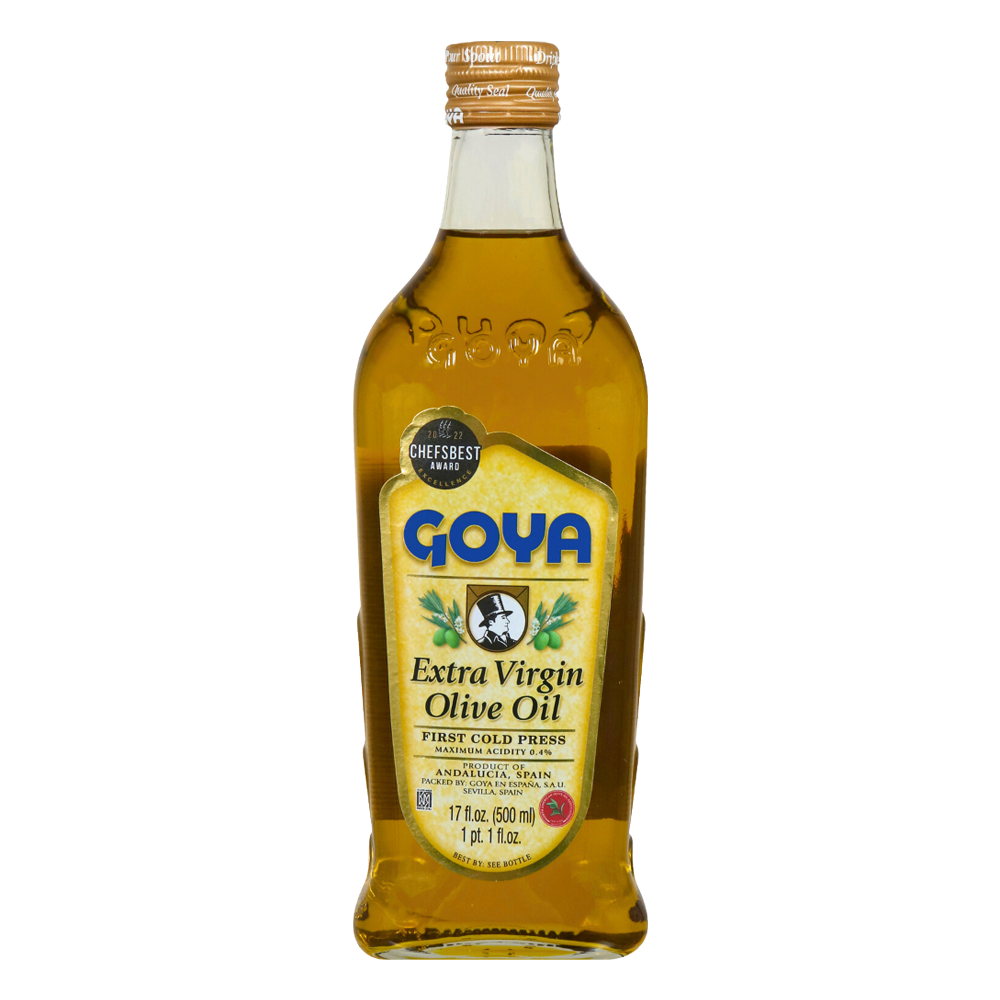Extra Virgin Olive Oil Benefits: The Natural Anti-aging Solution You've Been Searching For
Extra Virgin Olive Oil Benefits: The Natural Anti-aging Solution You've Been Searching For
Blog Article
Checking Out the Various Kinds Of Olive Oil and Their Usages, Consisting Of Bonus Virgin Olive Oil
The exploration of olive oil encompasses a diverse variety of types, each offering distinct tastes and culinary applications. Extra virgin olive oil, renowned for its superior top quality and wellness advantages, acts as a staple in numerous kitchen areas, yet it is just one aspect of this multifaceted ingredient. extra virgin olive oil benefits. Other ranges, such as refined and pure olive oils, additionally call for interest for their special properties and usages. Comprehending these distinctions can significantly impact both food preparation techniques and flavor accounts. What, after that, should one consider when selecting the ideal olive oil for a certain culinary undertaking?
What Is Olive Oil?
Obtained from the fruit of the olive tree, olive oil is a staple in Mediterranean cuisine and an essential component in different cooking applications. This functional oil is created by pressing entire olives, resulting in a fluid that differs in aroma, taste, and color depending upon the type of olives utilized, the region of farming, and the removal procedure. Olive oil is mainly made up of monounsaturated fats, particularly oleic acid, which is recognized for its possible health advantages, including anti-inflammatory homes and cardiovascular support.
In addition to its cooking uses, olive oil has a lengthy background of application in traditional medicine and skincare, owing to its abundant antioxidant content (extra virgin olive oil benefits). The oil is often used in dressings, marinates, and for cooking approaches such as sautéing and roasting. Its distinctive flavor profile can enhance the preference of numerous dishes, making it a crucial component for both home chefs and expert cooks
In addition, olive oil is celebrated for its duty in the Mediterranean diet plan, which is associated with countless health advantages. As understanding of these advantages expands, olive oil proceeds to acquire appeal worldwide as a fundamental part of a healthy and balanced way of living.
Types of Olive Oil
Comprehending the numerous types of olive oil is crucial for both cooking enthusiasts and health-conscious consumers. Olive oil is classified mostly based on its extraction technique and quality, which substantially affects its taste, scent, and health and wellness benefits.

Light olive oil, regardless of its name, describes a lighter taste and not reduced calories. It is excellent for those looking for a much more refined preference in sauces and dressings. Furthermore, there are flavored olive oils instilled with herbs, seasonings, or citrus, which can improve dishes without the need for extra seasoning.
Each kind of olive oil offers particular cooking objectives, and understanding these differences allows customers to make enlightened options that straighten with their food preparation styles and health goals.
Bonus Virgin Olive Oil
Additional virgin olive oil (EVOO) is extensively considered as the finest olive oil available, popular for its rich taste and many health and wellness advantages. To be categorized as extra virgin, the oil needs to be generated from fresh olives using mechanical procedures, without using solvents or too much warm. This meticulous method maintains the oil's natural flavors, anti-oxidants, and healthy fats, resulting in a product with a low acidity degree of much less than 0.8%.
EVOO is abundant in monounsaturated fats, specifically oleic acid, which is linked to reduced swelling and boosted heart health. It additionally has polyphenols, powerful antioxidants that might offer safety effects against persistent illness. The taste profile of EVOO can vary significantly relying on the olive selection page and area of production, ranging from fruity and verdant to robust and sharp.

Culinary Use Olive Oil

In food preparation, olive oil can be made use of for sautéing, roasting, and grilling, providing a much healthier option to butter or other fats. Its high smoke factor makes it appropriate for various cooking approaches, while its anti-oxidants add to a heart-healthy diet plan. Showering olive oil over completed meals, such as pasta, fish, or barbequed vegetables, can raise flavors and add a touch of beauty.
In addition, olive oil plays a considerable function in cooking, where it can change typical fats in dishes for bread and pastries, passing on dampness and a subtle preference. It likewise functions as a base for click for info infused oils, permitting cooks to explore flavors such as garlic, herbs, or chili, better expanding its cooking potential. On the whole, olive oil's adaptability makes it vital in both home and professional kitchens.
Deciding On Quality Olive Oil
When selecting top quality olive oil, it's important to consider a number of essential factors that affect the product's scent, health, and flavor advantages. Choose for additional virgin olive oil (EVOO), which is obtained from the initial cold pressing of olives and consists of the highest levels of anti-oxidants and beneficial compounds. Try to find oils that are certified by identified companies, as this usually makes sure adherence to stringent high quality criteria.
The product packaging additionally plays a considerable duty in preserving the oil's integrity. Choose oils stored in dark glass containers or tins to protect against light deterioration. Take notice of the harvest day; fresher oils use exceptional taste and nutritional value, so choose review items that are within 18 months of their harvest.
Furthermore, consider the beginning of the oil. High-quality olive oils often originate from details regions known for their distinct flavor profiles, such as Italian, Spanish, or Greek oils. Lastly, know the taste; a top quality olive oil should have a balance of fruity, bitter, and sharp notes, indicating its richness and intricacy. By reviewing these aspects, you can ensure you are selecting the very best olive oil for your culinary demands.
Conclusion
In recap, the expedition of numerous kinds of olive oil discloses distinctive characteristics and applications, with added virgin olive oil standing for the peak of high quality because of its reduced level of acidity and high antioxidant material. Its convenience in culinary usages improves flavors in dressings, marinates, and drizzles. Comprehending the different varieties of olive oil enables informed choices in food preparation techniques, promoting much healthier practices while enhancing the overall gastronomic experience. Quality option continues to be vital for ideal benefits.
Obtained from the fruit of the olive tree, olive oil is a staple in Mediterranean food and a key active ingredient in various culinary applications.The most usual types of olive oil include improved olive oil, pure olive oil, and light olive oil.Bonus virgin olive oil (EVOO) is widely related to as the greatest top quality olive oil available, renowned for its abundant taste and countless wellness benefits. Decide for additional virgin olive oil (EVOO), which is acquired from the initial cool pushing of olives and has the greatest levels of antioxidants and advantageous compounds.In recap, the exploration of numerous kinds of olive oil exposes distinctive features and applications, with extra virgin olive oil representing the peak of quality due to its low acidity and high antioxidant material.
Report this page